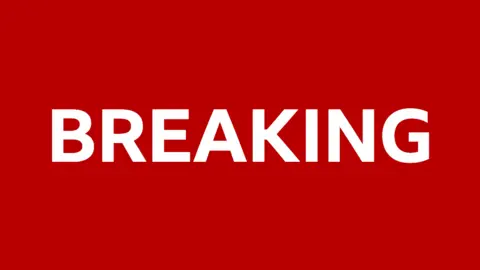The recent developments surrounding the Chagos Islands deal have taken an unexpected turn as a last-minute legal injunction has halted negotiations. A High Court judge in the UK, Mr. Justice Goose, granted what is referred to as “interim relief” to a Chagossian claimant named Bertrice Pompe. This injunction prohibits the UK government from finalizing discussions regarding the possible transfer of the British Indian Ocean Territory, popularly known as the Chagos Archipelago, to a foreign entity.
The decision was made around 02:25 BST when the judge underscored the court’s stance by stating, “The defendant shall take no conclusive or legally binding step to conclude its negotiations concerning the possible transfer.” This represents a significant development not only for the Chagossians but also for diplomatic relations and territorial governance concerning the island chain. The Chagos Islands are a point of contention, primarily due to the historical displacement of their Indigenous inhabitants, who were removed in the 1960s and 1970s to make way for a US military base on Diego Garcia, one of the main islands in the archipelago.
Following this injunction, the High Court has scheduled a follow-up hearing for the case at 10:30 AM on Thursday, a timeframe that allows for a more in-depth discussion of the legal arguments presented. The situation is sensitive and politically charged, with the potential for ramifications that extend beyond the courtroom to affect international relations and the treatment of displaced populations.
This legal action is an essential chapter in the ongoing battle for recognition and rights led by the Chagossian people, who have consistently sought a return to their homeland since their forced removal. Their plight has drawn international attention, and many human rights advocates argue that justice has yet to be served in this long-standing issue of colonial legacy and sociopolitical disenfranchisement.
In the wake of the injunction, there’s an atmosphere of uncertainty surrounding future negotiations. The capability of the UK government to engage or conclude any agreements about the Chagos Islands has been stripped, at least temporarily. The overarching implications could lead to further legal scrutiny and potential delays in negotiations that have been sought after for some time.
For the Chagossians, this latest judicial intervention offers a glimmer of hope in their quest for justice, with Bertrice Pompe embodying the resilience of a community that has fought against historical wrongs. With this case now on the radar of the judicial system once again, advocacy groups and supporters of Chagossian rights are keenly anticipating the outcome of the next court date and how it could shape the future of the islands.
As the news unfolds, it is essential to stay updated through reliable sources such as the BBC News App. With ongoing developments, individuals can also follow @BBCBreaking on X for real-time alerts on the situation. The case not only reignites discussions about colonial histories but also positions the rights of indigenous populations at the forefront of diplomatic and legal discourse.
Thus, the Chagos deal’s temporary pause highlights a critical intersection of legal rights, historical justice, and the international community’s role in resolving longstanding issues of territorial governance and human dignity. The implications of this case are profound and serve as a reminder of the complexities integrated into colonial histories and the persistent fight for justice by marginalized communities.



